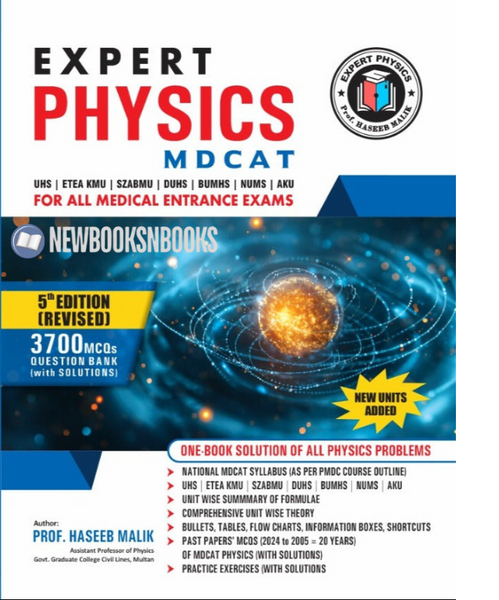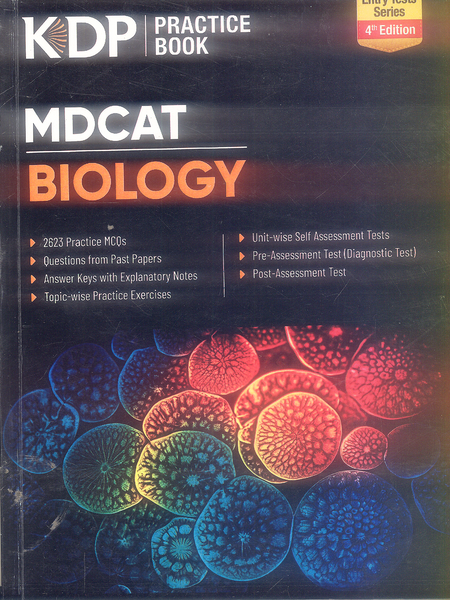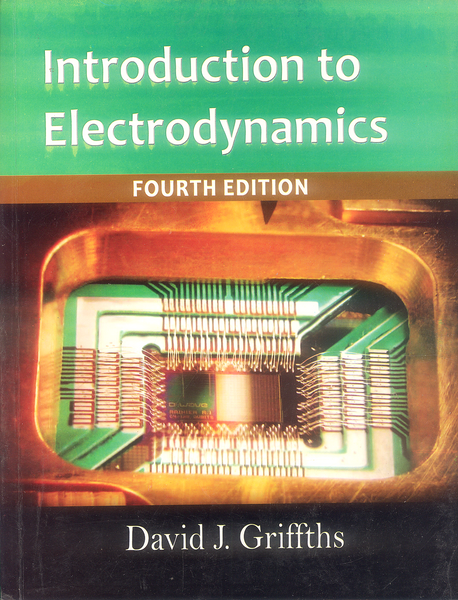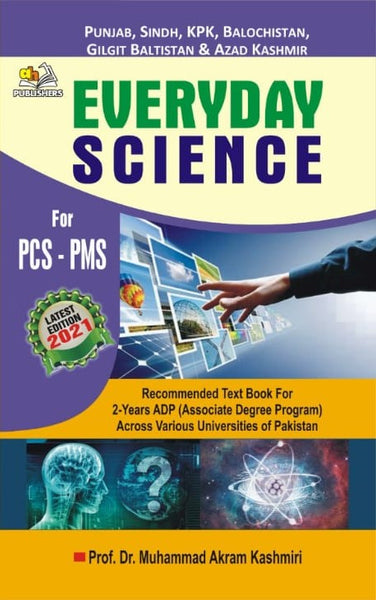Mathematical Physics For Nuclear Experiments by Andrew E. Ekpenyong (Author)
- Publisher: PHYSICS
- Availability: In Stock
- SKU: 49519
- Number of Pages: 278
Rs.790.00
Rs.995.00
Tags: advanced nuclear physics , Andrew E. Ekpenyong , applied mathematics in nuclear research , applied nuclear physics , atomic research mathematics , best books , Best Price , Best Selling Books , black and white Pakistan print , experimental nuclear physics , experimental particle physics , math for nuclear science , mathematical methods in physics , mathematical modeling in physics , mathematical nuclear theory , Mathematical Physics , mathematical physics applications , mathematical physics book , Mathematical Physics For Nuclear Experiments , mathematical physics nuclear focus , Mathematical sciences , mathematical tools for physics , nuclear data analysis , nuclear energy analysis , nuclear experiment theory , Nuclear Experiments , nuclear lab techniques , nuclear measurement techniques , nuclear particle physics , nuclear physics book , nuclear physics equations , nuclear physics textbook , nuclear radiation study , nuclear research methods , nuclear science and experiments , physics book Pakistan edition , physics for nuclear experiments , physics for researchers , quantum mechanics and nuclear physics , radiation detection mathematics , radiation physics , statistical nuclear physics , theoretical nuclear physics
📘 Title Name: Mathematical Physics For Nuclear Experiments
✍️ Author: Andrew E. Ekpenyong
📦 Quality: Black White Pakistan Print
🔹 Introduction:
This book bridges mathematical physics with nuclear experimental techniques, offering essential theoretical tools and problem-solving strategies for students and professionals in nuclear physics.
🔑 Key Points:
-
Covers key mathematical methods used in nuclear experiment analysis.
-
Focuses on applying physics concepts to real-world nuclear research setups.
-
Provides detailed derivations and solutions for complex nuclear problems.
-
Supports both theoretical understanding and practical experimentation.
-
Ideal for advanced undergraduates, graduates, and early-stage researchers.
🔚 Conclusion:
Mathematical Physics For Nuclear Experiments by Andrew E. Ekpenyong is an essential guide for mastering the mathematics behind experimental nuclear physics, making it valuable for academic and research applications.

























